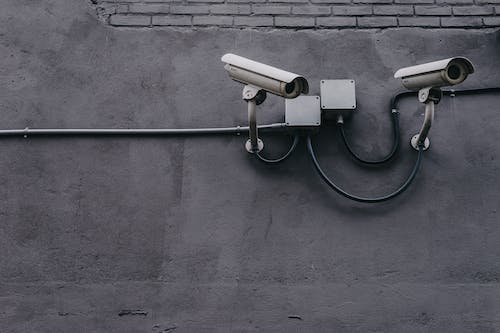Home Office Data Security: Must-Know Tech Considerations For Entrepreneurs

Ensuring robust data security is essential for entrepreneurs operating from home offices. Neglecting proper safeguards can result in severe consequences such as data breaches, financial losses, and reputational damage.
According to recent reports by the Federal Trade Commission (FTC), cybercriminals have increasingly targeted home-based businesses, leading to increased security incidents. As technology evolves, entrepreneurs must be aware of the must-know tech considerations to protect their sensitive data and prevent unauthorized access.
This article explores critical aspects of home office data security to empower entrepreneurs to maintain their valuable information's confidentiality, integrity, and availability.
Backup and Disaster Recovery
Regularly backing up data is essential to protect against accidental loss, hardware failures, malware attacks, or natural disasters. Many people rely on Mac computers for their home offices, making it essential to understand the backup options available. If you are a Mac user, too, you can visit https://setapp.com/how-to/how-to-backup-your-mac to learn backup tricks. In addition to traditional backup methods, cloud-based backup services also provide convenient off-site storage options for added protection.
Additionally, disaster recovery planning involves preparing for major disruptions, such as power outages or system failures, and implementing strategies to restore operations quickly. A comprehensive plan ensures entrepreneurs can recover their critical data and resume business operations with minimal downtime and losses.
Secure Remote Access
It is essential for ensuring productivity and collaboration, especially in today's flexible work environments. Implementing secure remote access involves using technologies like Virtual Private Networks (VPNs) and two-factor authentication (2FA).
VPNs establish encrypted tunnels between remote devices and the home office network, preventing unauthorized access. 2FA adds an extra layer of security by requiring users to provide two forms of authentication, such as a password and a unique code from a mobile app. Such practices help you confidently work remotely and protect sensitive data from threats.
Incident Response and Monitoring
These are critical to detect, respond to, and mitigate security incidents promptly. The incident response involves a well-defined plan to address potential security breaches or incidents.
This plan outlines the steps to be taken, identifies key team members responsible for incident handling, and ensures timely communication and coordination. Additionally, continuous monitoring of systems, networks, and logs helps identify suspicious activities or potential threats.
Network Security
Network security is a vital aspect of protecting data and systems. It involves implementing measures to secure the home office network from unauthorized access and potential threats.
You should set up a secure Wi-Fi network with strong passwords and encryption. In addition, you should configure firewalls to filter network traffic and use antivirus software to detect and prevent malware.
In simple words, you should prioritize network security to safeguard your sensitive information, maintain the confidentiality of data, and prevent unauthorized individuals from accessing your network resources.
Bottom Line
Protect your Home Office Fortress! Embrace the Tech Shield! We hope the above information helps you safeguard sensitive information, prevent data breaches, and ensure uninterrupted operations in your home office setup. Stay vigilant, adopt these tools, and shield your home office from cyber threats. Your success rests on a foundation of robust data security.









